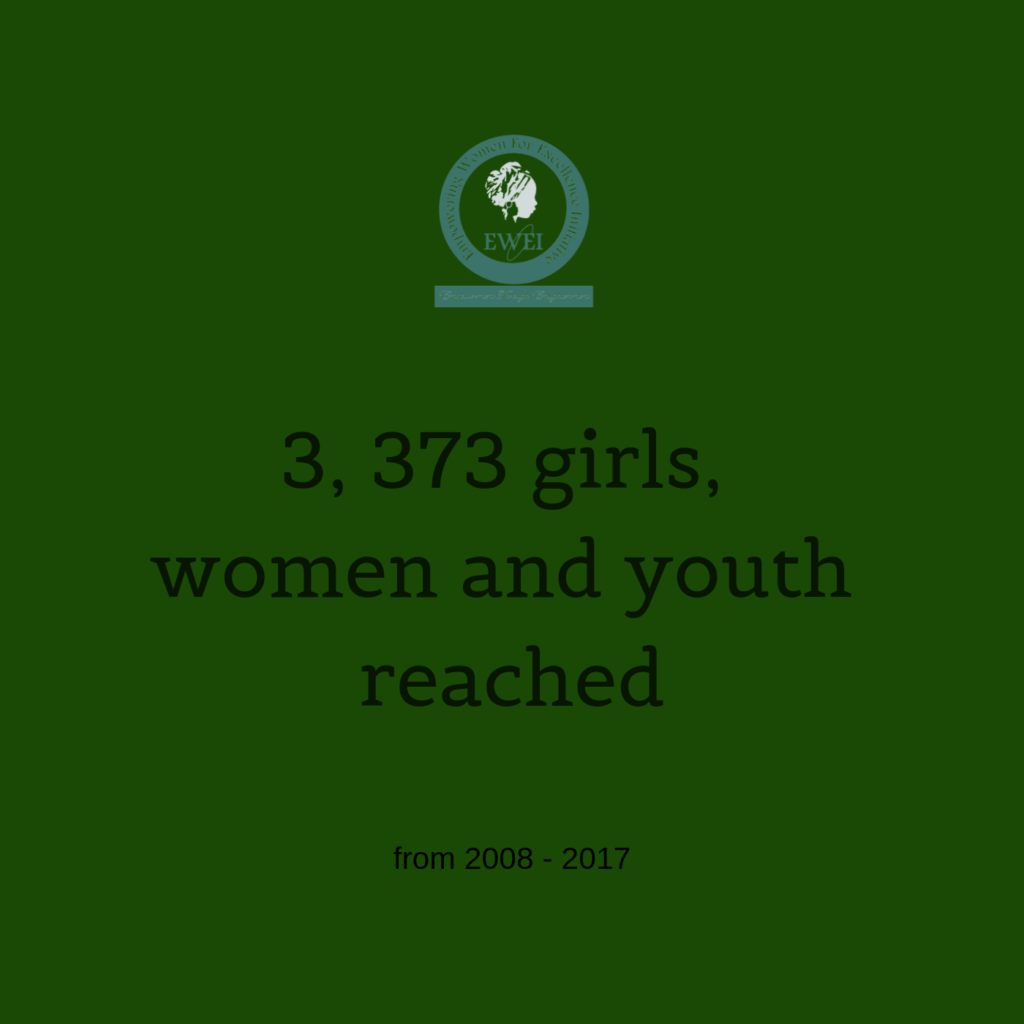Background
EWEI’s Getting Involved was initially designed to raise awareness about the Millennium Development Goalsand the National Economic Empowerment and Development Strategy (NEEDS)among youth, equip them on how to effectively share this information with others in their communities, and to determine their own roles within these frameworks.
This knowledge not only empowers young people to be change agents within their communities, but also contributes to transparency and accountability, which in turns supports good governance.
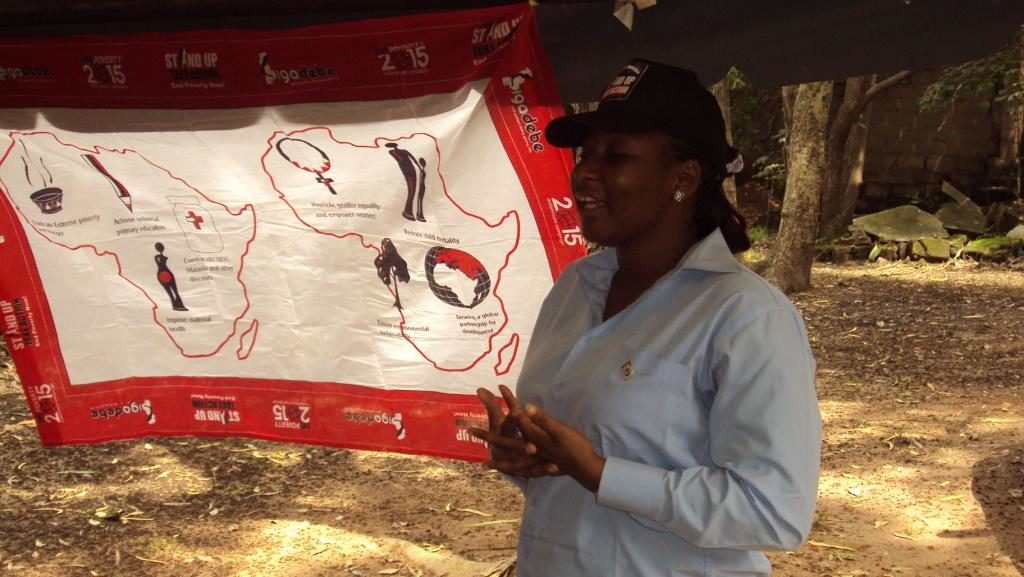
The United Nations Millennium Development Goalswere eight goals that all 191 UN member states agreed to achieve by the year 2015. The United Nations Millennium Declaration, signed in September 2000 committed world leaders to combat poverty, hunger, disease, illiteracy, environmental degradation, and discrimination against women. The MDGs were then derived from this Declaration, with specific targets and indicators.
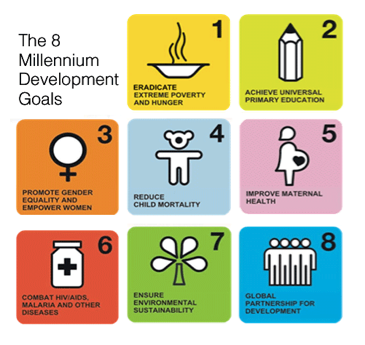
The Eight Millennium Development Goals are:
- to eradicate extreme poverty and hunger;
- to achieve universal primary education;
- to promote gender equality and empower women;
- to reduce child mortality;
- to improve maternal health;
- to combat HIV/AIDS, malaria, and other diseases;
- to ensure environmental sustainability; and
- to develop a global partnership for development.
The MDGs were inter-dependent; for example, better health enables children to learn and adults to earn. Gender equality is essential to the achievement of better health. Reducing poverty, hunger and environmental degradation positively influences, but also depends on, better health.
By December 2011, EWEI had reached over 1,286 youth and adults through the Getting Involved project which included seminars, newsletters, a Train the Trainers seminar, and distribution of Global Fund insecticide treated mosquito nets.
In addition, EWEI took part in a collaborative campaign on MDG and PRSP awareness within a coalition of 5 organizations in 2008. These organizations were Living Faith Foundation (LFF), Readers and Leaders Club (RLC), Nigerian Air force Youth Awareness Forum (NAYYAF) , Nasrul-Lahi-L-Fatih Society of Nigeria (NASFAT) and Empowering Women for Excellence Initiative (EWEI). The coalition was known as DTA Cluster One and implemented 10 projects ranging from awareness walk, media appearances in TV and radio, advocacy visits and an online group.
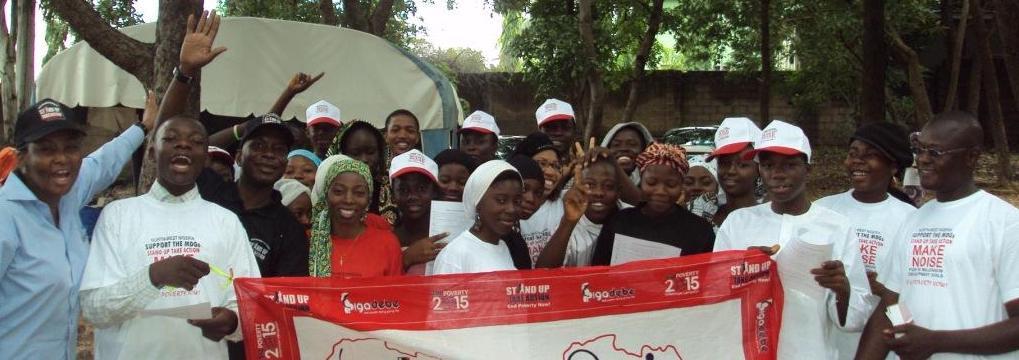
On 1 January 2016, the 17 Sustainable Development Goals (SDGs) of the 2030 Agenda for Sustainable Development — adopted by world leaders in September 2015 at an historic UN Summit — officially came into force. Over the next fifteen years, with these new Goals that universally apply to all, countries will mobilize efforts to end all forms of poverty, fight inequalities and tackle climate change, while ensuring that no one is left behind.
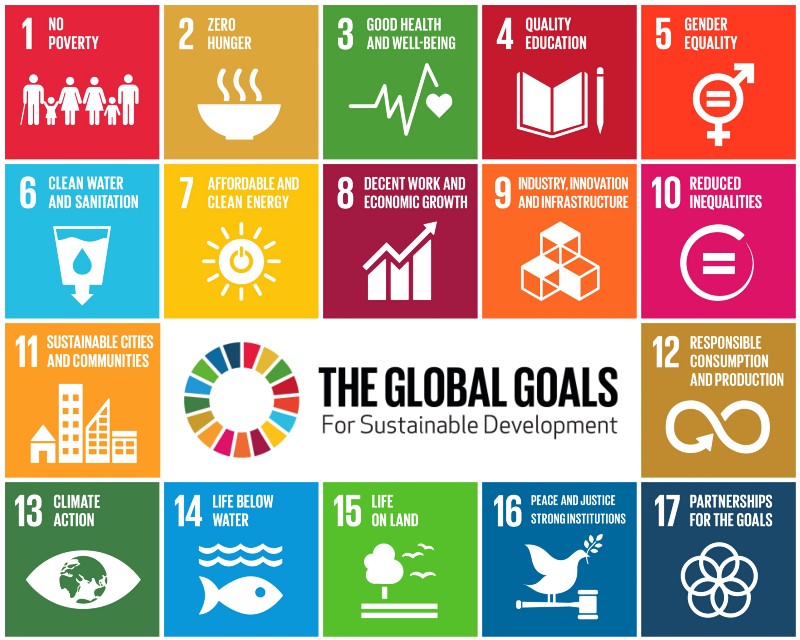
The SDGs build on the success of the Millennium Development Goals (MDGs) and aim to go further to end all forms of poverty. The new Goals are unique in that they call for action by all countries, poor, rich and middle-income to promote prosperity while protecting the planet. They recognize that ending poverty must go hand-in-hand with strategies that build economic growth and addresses a range of social needs including education, health, social protection, and job opportunities, while tackling climate change and environmental protection. (The Sustainable Development Agenda UN).
EWEI’s Getting Involved has accordingly evolved to focus on the Sustainable Development Goals, raise awareness about the SDGs among youth and communities at large, equip beneficiaries on how to effectively share this information with others in their communities, and to determine their own roles within this framework.
Programme Objectives
- Strengthen the development knowledge base and information networks of youth leaders and youth organizations.
- Enhance the capacity of young people to become active and effective in helping to achieve the Sustainable Development Goals (SDGs) through their work at the local and state level.
- Improve participants’ own livelihood skills by enhancing their project management, critical thinking, communication, and training skills.
- Promotion of good governance and accountability through the facilitation of participatory processes and evidence-based advocacy
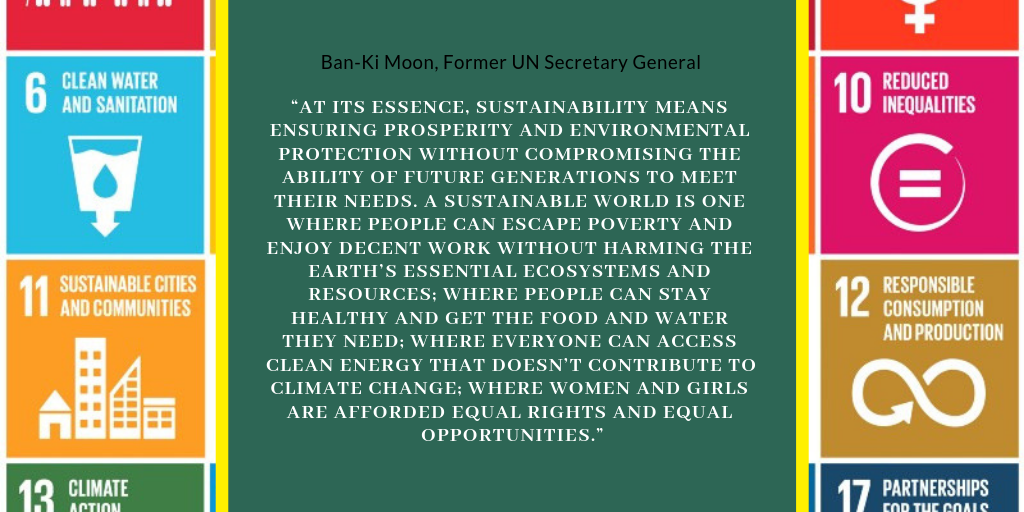
What is Sustainable Development?
- Sustainable development has been defined as development that meets the needs of the present without compromising the ability of future generations to meet their own needs.
- Sustainable development calls for concerted efforts towards building an inclusive, sustainable and resilient future for people and planet.
- For sustainable development to be achieved, it is crucial to harmonize three core elements: economic growth, social inclusion and environmental protection. These elements are interconnected, and all are crucial for the well-being of individuals and societies.
- Eradicating poverty in all its forms and dimensions is an indispensable requirement for sustainable development. To this end, there must be promotion of sustainable, inclusive and equitable economic growth, creating greater opportunities for all, reducing inequalities, raising basic standards of living, fostering equitable social development and inclusion, and promoting integrated and sustainable management of natural resources and ecosystems.
Watch:Do you know all 17 SDGs?
Watch:We the People: for the Global Goals.
Learn more about the SDGs on the Sustainable Development Knowledge Platform.
Learn more about the Partnerships for the SDGs.
Learn more about theOutcomes and Frameworks related to the SDGs.
Learn more about Nigerian Government Office of the Senior Special Assistant to the President on the Sustainable Development Goals.
